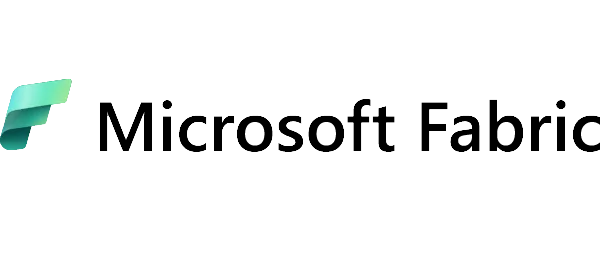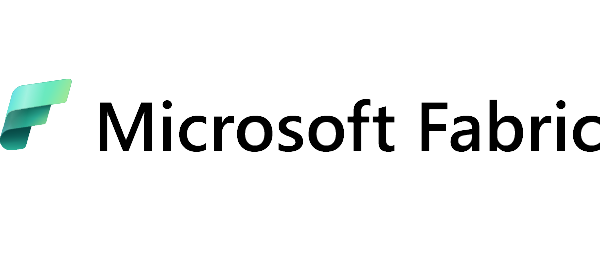
Small and medium-sized enterprises (SMEs) have been striving to increase their competitiveness in a rapidly changing market for years. In the digital age, business intelligence (BI) systems, which enable data collection, analysis, and effective use, are becoming vital tools in their development. One of the leading solutions on the market is Microsoft Fabric, which offers a wide range of analytical and integration tools in a single platform. Is it cost-effective to implement it in SMEs? The answer to this question depends on several factors we discuss below.
The role of business intelligence systems in SMEs
Business intelligence systems are playing an increasingly important role in the development of SMEs. They enable companies to understand their business better, identify market trends and make more informed, data-driven decisions.
BI enables the analysis of large sets of information to help optimise processes, manage resources, and improve operational efficiency. Smaller companies that previously did not have access to such solutions can now benefit from modern cloud-based tools that are scalable and tailored to their needs. For example, sales monitoring, inventory management, and operational cost analysis have become more accessible and more transparent thanks to business intelligence tools.
Microsoft, recognising the growing demand for such solutions, has launched the comprehensive Microsoft Fabric platform, which provides BI tools in an accessible form suitable for SMEs.
What is Microsoft Fabric?
Microsoft Fabric is an innovative platform that combines multiple analytical tools to create what is known as an ‘umbrella’ of solutions. Microsoft Fabric includes tools for data analysis, system integration, data management and data visualisation, among others. The platform is designed for companies of all sizes, including small and medium-sized businesses, that need solutions to manage information effectively without investing in complex and costly IT infrastructures.
One of the key elements of Microsoft Fabric is its full integration with other Microsoft services such as Power BI, Azure Data Factory and Synapse Analytics. This allows users to benefit from a single, consistent working environment in the cloud, eliminating the need to manage physical servers or software licences.
Benefits for small and medium-sized enterprises of implementing MS Fabric
For SMEs, the implementation of Microsoft Fabric can bring many benefits. Firstly, the platform is scalable, meaning that features can be tailored to the current needs of the business. Smaller businesses do not have to worry about high upfront costs, as they can start with basic functionality and expand as the need for advanced analytics grows.
Another advantage is ease of use. Microsoft Fabric offers intuitive data visualisation tools, such as Power BI, which allow even less experienced users to create interactive reports and dashboards. This allows businesses to quickly access key information such as sales performance, operating costs or customer satisfaction data, making strategic decision-making easier.
Process automation is also an important aspect. By integrating with tools such as Azure Data Factory, Microsoft Fabric allows the automatic collection and processing of data from different sources, saving the company time and resources. Automation also enables more precise analysis and minimises the risk of human error.
Examples of the use of Microsoft Fabric in SMEs
Implementing Microsoft Fabric can bring tangible benefits to various sectors of small and medium-sized businesses. In the e-commerce industry, the platform can help analyse customer behaviour, optimise purchasing processes and monitor the effectiveness of marketing campaigns. With tools such as Power BI, businesses can easily track purchasing trends, analyse conversions or monitor the effectiveness of promotions in real-time.
Another example of use is in the manufacturing sector, where Microsoft Fabric can support inventory management, production efficiency monitoring or cost analysis. Automated reports and analyses provide key information to help optimise production processes and better manage resources.
In the service sector, on the other hand, Microsoft Fabric can be used to monitor customer satisfaction, analyse sales performance or manage customer relationships. Analytical tools allow rapid response to market changes and the adaptation of offers to customer needs.
Does Microsoft Fabric implementation worthwhile?
The decision to implement Microsoft Fabric in an SME depends on a number of factors, such as the size of the company, its analytical needs and available budget. Nevertheless, the platform offers a number of features that can bring significant benefits in the form of better data management, process automation and improved efficiency of operations.
For small companies that are just starting out with advanced data analytics, Microsoft Fabric may be the ideal solution, as it allows the flexibility to tailor tools to current needs. For medium-sized companies already using BI tools, implementing Microsoft Fabric can bring new opportunities for data integration and automation.



